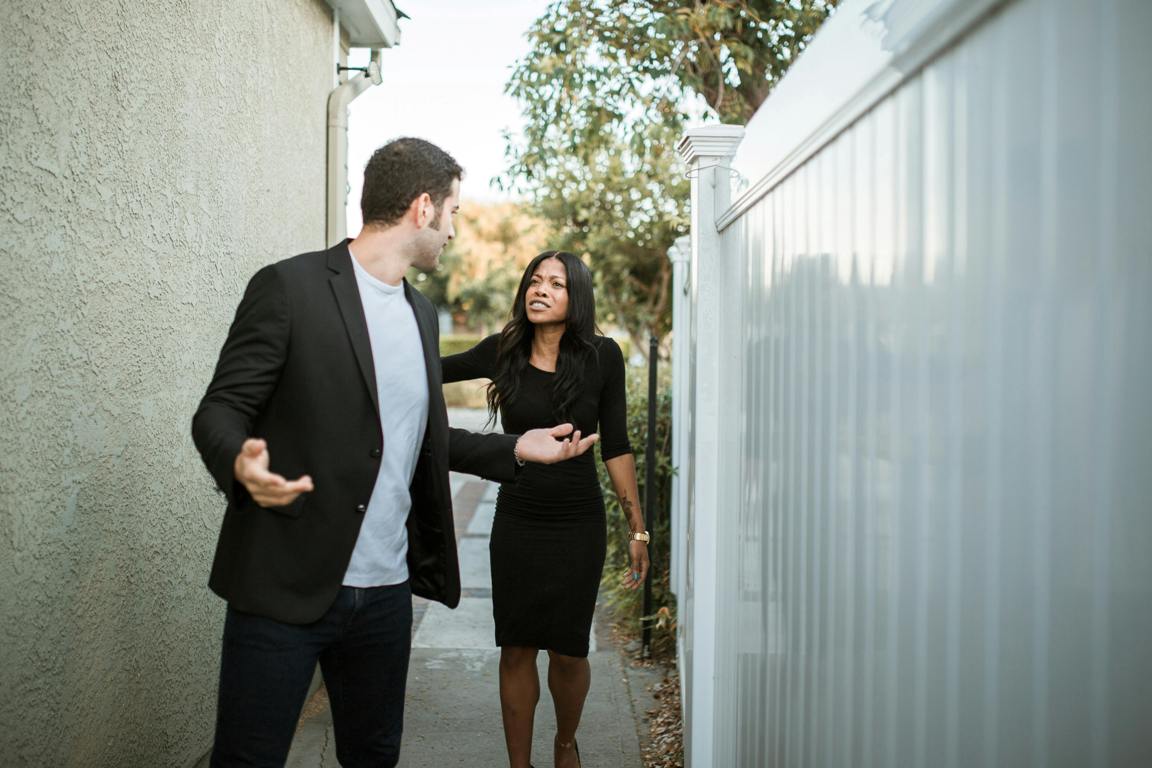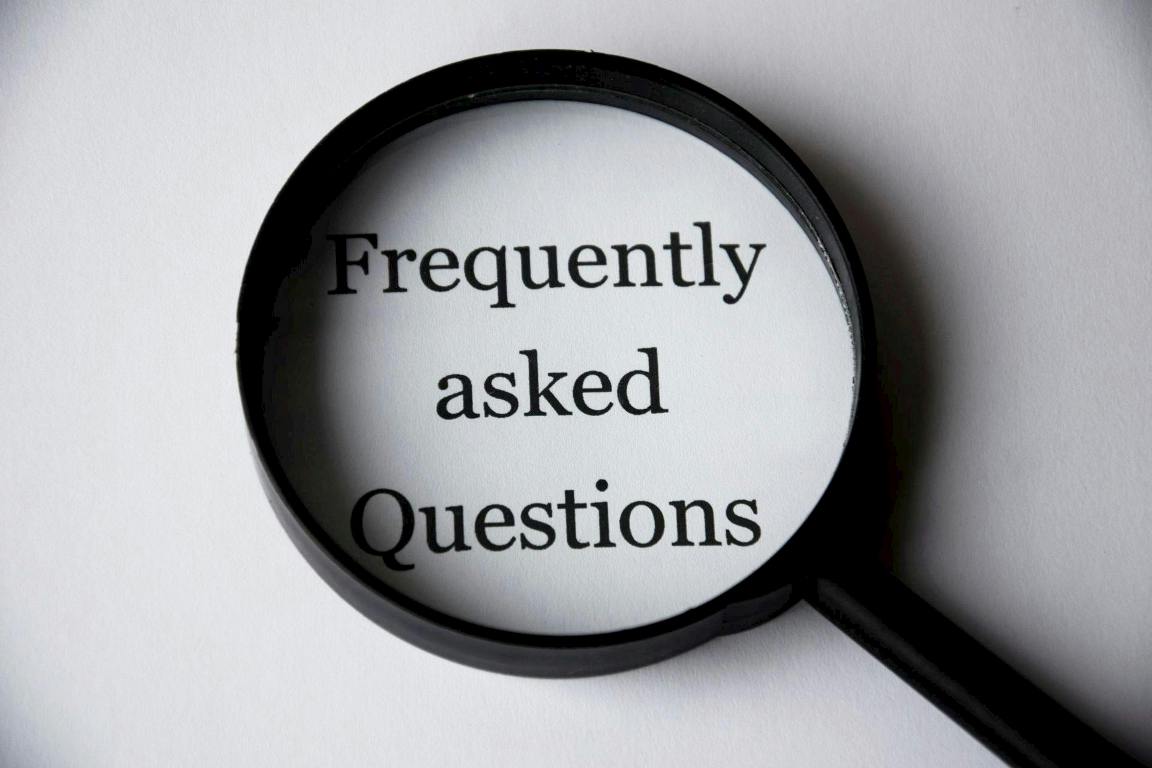Table of Contents
- Signs of Passive-Aggressiveness in a Relationship
- Reasons Behind Passive-Aggressive Behavior in Ending a Relationship
- Methods of Ending a Relationship
- Emotional Impact on the Partner
- Coping Strategies for the Partner
Key Takeaways
- Passive-aggressive behavior can manifest in various ways, leading to confusion and frustration in relationships.
- Understanding the underlying reasons behind passive-aggressive behavior is crucial as it enables individuals to address it effectively by providing insight into the root causes and facilitating the development of appropriate strategies.
- Ending a relationship with a passive-aggressive partner often involves indirect communication and manipulative behavior.
- The emotional toll on the partner may lead to self-esteem and trust issues, thus requiring effective coping strategies.
Signs of Passive-Aggressiveness in a Relationship
Being passive-aggressive in a relationship can be sneaky but harmful. It often involves indirect expressions of hostility or resistance. Some common signs include:
- Silent treatment: Ignoring or withdrawing from communication.
- Procrastination: Deliberately delaying tasks or responsibilities.
- Backhanded compliments: Making sarcastic or disguised insults.
Recognizing these signs is the first step in addressing passive-aggressive behavior in a relationship.

Reasons Behind Passive-Aggressive Behavior in Ending a Relationship
Passive-aggressive behavior often arises from deep-seated emotional issues and fears. Here are some reasons why a passive-aggressive man may choose to end a relationship:
- Fear of confrontation: Avoiding direct communication to evade conflict.
- Desire to avoid responsibility: Whether it’s shifting blame or sidestepping responsibility for ending the relationship, passive-aggressive behavior often plays a role.
- Control issues: By employing passive-aggressive behavior, individuals aim to gain control over their partners.
By comprehending these motivations, you can gain valuable insights into the intricate nature of passive-aggressive behavior.
Statistics on Passive-Aggressive Behavior
| Statistic | Percentage |
|---|---|
| Percentage of adults who exhibit passive-aggressive behavior | 25% |
| Percentage of passive-aggressive behavior that goes unnoticed | 60% |
Methods of Ending a Relationship
When a passive-aggressive man chooses to end a relationship, he might resort to employing diverse manipulative tactics to evade direct confrontation. These methods may include:
- Gradual withdrawal: Gradually, he starts pulling away from the partner without clearly communicating.
- Indirect communication: Suggesting dissatisfaction or unhappiness without directly confronting the problem can lead to misunderstandings.
- Manipulative behavior: By employing guilt-tripping or emotional manipulation, individuals often try to rationalize their choice to end the relationship.
These tactics can prolong the process of ending the relationship, thereby exacerbating emotional distress for the partner and complicating the healing process.

Emotional Impact on the Partner
The emotional toll of being in a relationship with a passive-aggressive man can be significant. Partners may experience:
- Confusion and frustration: Attempting to interpret mixed signals and unclear behavior can be challenging and frustrating.
- Self-esteem issues: Feeling unvalued or inadequate due to lack of direct communication and validation.
- Trust issues: Struggling to trust future relationships due to past experiences of passive-aggressive behavior.
Dealing with these emotional difficulties needs patience and empathy.
Coping Strategies for the Partner
Coping with passive-aggressive behavior in a relationship necessitates consciously setting boundaries, prioritizing self-care, and consequently fostering a healthier dynamic. Here are some strategies for partners:
- Setting boundaries: Ensure you effectively communicate your expectations and clearly outline the repercussions of passive-aggressive behavior.
- Seeking support: Feel free to reach out to friends, family, or a therapist for guidance and emotional support whenever you need it.
- Self-care practices: Engage in activities that promote mental and emotional well-being, such as exercise, meditation, or hobbies.
By taking care of themselves and getting help, partners can handle the difficulties of being in a relationship with a passive-aggressive person.

Frequently Asked Questions
1. What are the signs of a passive-aggressive man?
A passive-aggressive man may exhibit signs such as the silent treatment, procrastination, and backhanded compliments. These behaviors often reflect underlying resentment or resistance.
2. How do you confront a passive-aggressive partner?
Confronting a passive-aggressive partner necessitates employing assertive communication techniques while establishing clear boundaries. Express your feelings openly and assertively, while also acknowledging their perspective. By steering clear of blame and prioritizing finding solutions, it paves the way for constructive dialogue.
3. Can a passive-aggressive person change?
Yes, with awareness and commitment to change, a passive-aggressive person can work towards healthier communication and behavior patterns. However, it often requires professional therapy or counseling to address underlying issues and develop effective coping strategies.
4. What are the effects of passive-aggressive behavior on relationships?
Over time, passive-aggressive behavior gradually erodes trust and nurtures deep-seated resentment within relationships. Furthermore, this behavior frequently results in misunderstandings and heightened conflict, ultimately eroding the emotional closeness and bond between partners.
5. Is passive-aggressive behavior a form of emotional abuse?
While passive-aggressive behavior may not always be openly abusive, it can still harm emotional well-being and relationship dynamics. It can result in creating a toxic atmosphere, characterized by manipulation and persistent conflict.









Leave a Comment